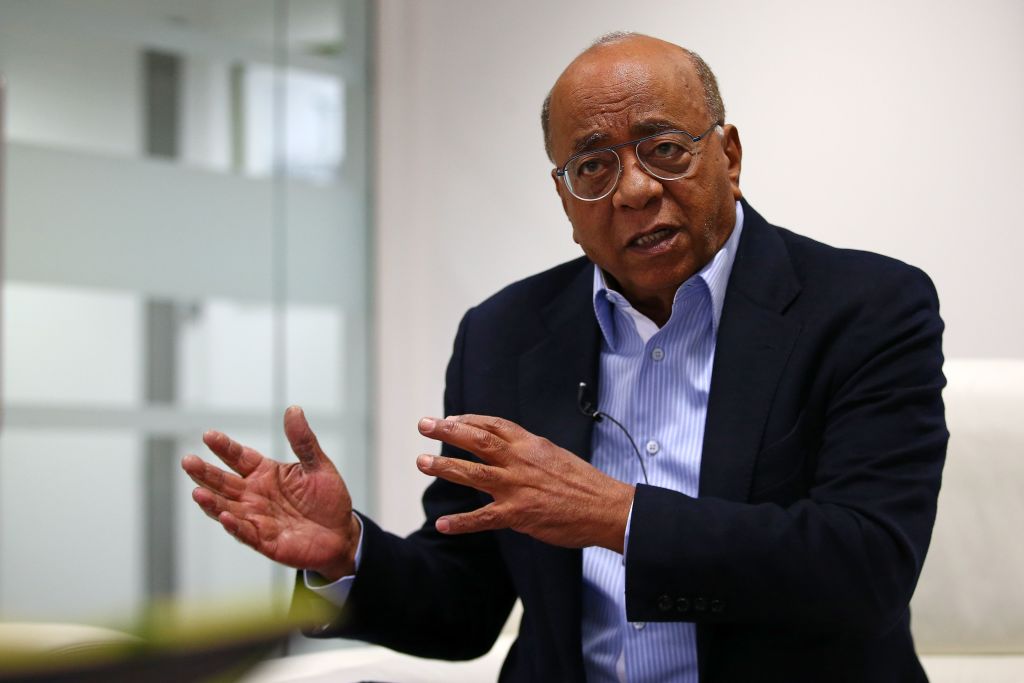ADF STAFF
Africa is less safe and less democratic than a decade ago, but there is still hope.
The Mo Ibrahim Foundation published the stark conclusions of the latest Ibrahim Index of African Governance on January 25, 2023. But they have not rattled the faith of the Sudanese billionaire who created the foundation.
“Look at those young kids in Sudan,” Ibrahim told Reuters. “For three years now they’re in the streets. They want democracy, freedom, things they’ve never experienced in their lives.
“When I see those guys, I have hope.”
Published annually since 2007, the index assesses the quality of governance in 54 African countries over the latest available decade. The latest data covers 2012-2021.
In that time, Ibrahim said, there was great progress followed by a sharp regression over the last few years.
“We see backsliding in the area of participation, rights and security and safety for our people,” he said in a statement. “African governance has flatlined since 2019.”
In the last decade, nearly 70% of people lived in countries with a worsening security situation, as the index showed more than 30 countries declined in this category.
The last few years have seen an increase in armed conflict on the continent along with violence against civilians. Insurgencies have expanded in the Sahel, the Horn of Africa and in Mozambique.
In some regions, sustained campaigns of violence can be tied directly to elected leaders being overthrown.
Ibrahim warned that coups, which were common in Africa in the 1980s, have become more frequent. Of particular concern is the spate of military juntas seizing power in some of the least stable nations in West Africa.
There have been 23 attempted coups in the last decade, including eight successful takeovers between April 2019 and September 2022.
“We started to see coups d’état, which we thought was something in the past,” he told Reuters. “We started to see this phenomenon of the strongman. It’s something we need to fight back against.”
The report also noted what Ibrahim called the “double whammy” of the COVID-19 pandemic and Russia’s war on Ukraine. Those factors have provided cover for some authoritarians to tighten their reins.
Globally, autocracies have gained ground recently as democracies were weakened, according to the 2021 Democracy Index, released in 2022 by the Economist Intelligence Unit, a subsidiary of the Economist newspaper.
That index showed 16 of 44 countries in Sub-Saharan Africa saw their democratic scores decline against their 2020 scores, while 14 were categorized as “hybrid regimes” and the other 14 listed as wholly authoritarian.
“The spread of jihadi groups throughout West Africa, coupled with Nigeria’s increasing inability to act as a regional power broker, has led to increased tension between governments and militaries, creating the conditions for increased factionalization among competing elites and an increase in coups,” the report stated.
The 2022 Ibrahim index included some positive notes, including greater gender equality, improvements in digital communication in every country, major infrastructure progress across the continent, and advances in health, education and environmental sustainability.
“The main finding really is that governance improved over the last decade,” Ibrahim said, “but that improvement almost stopped over the last three or four years in the areas of security, rule of law, rights, participation, inclusion.
“All of this has been deteriorating.”

